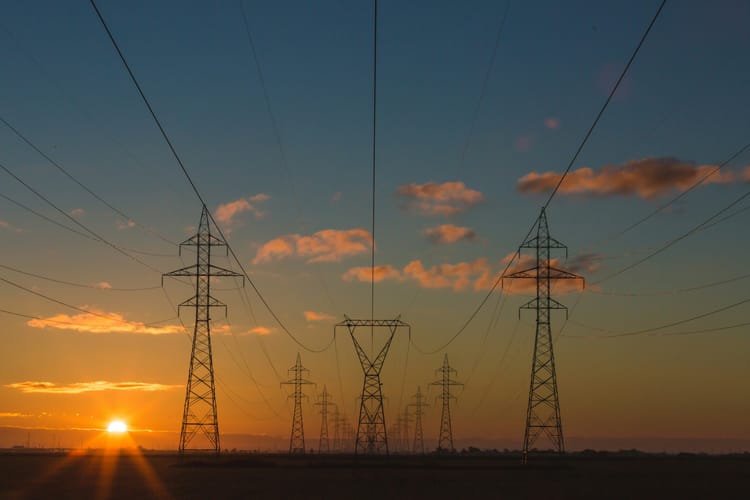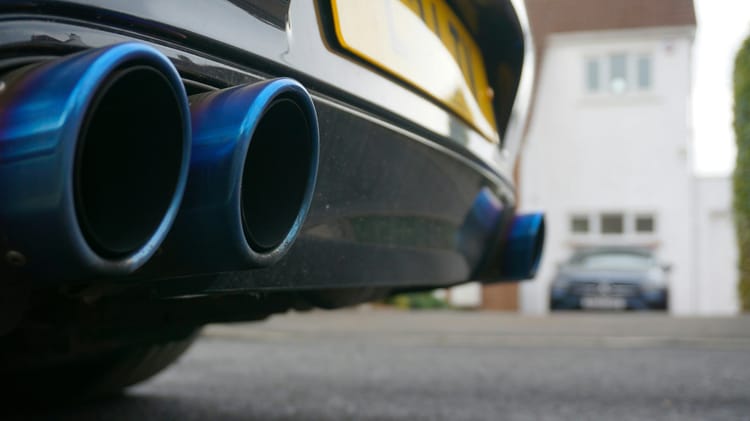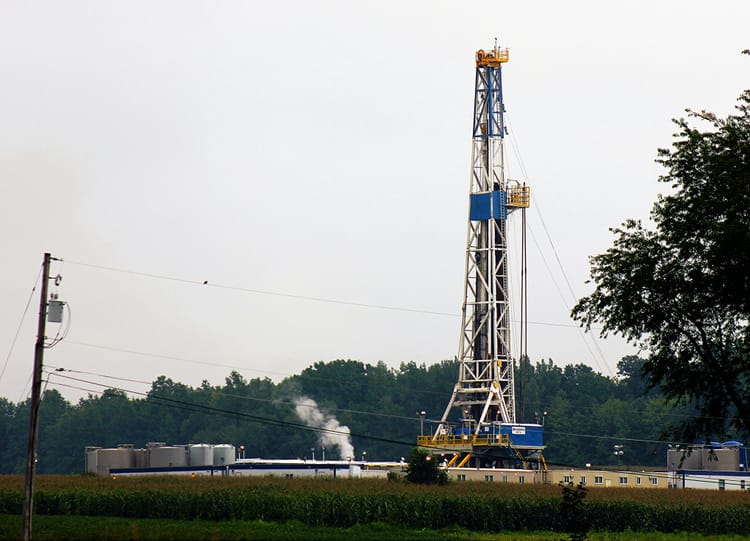Net Zero Banking Alliance closes down after mass exodus
“It’s bitterly disappointing to see the biggest banks in the world vote to step away from accountability."

The Net Zero Banking Alliance has announced that it will immediately cease operations after its remaining members voted to transform it into a framework initiative.
NZBA published a statement in August explaining that, following the departure of many high-profile members, it would ask banks remaining in the network to vote on a proposed transition to a new framework initiative simply sharing guidance on how banks can contribute to the climate transition.







